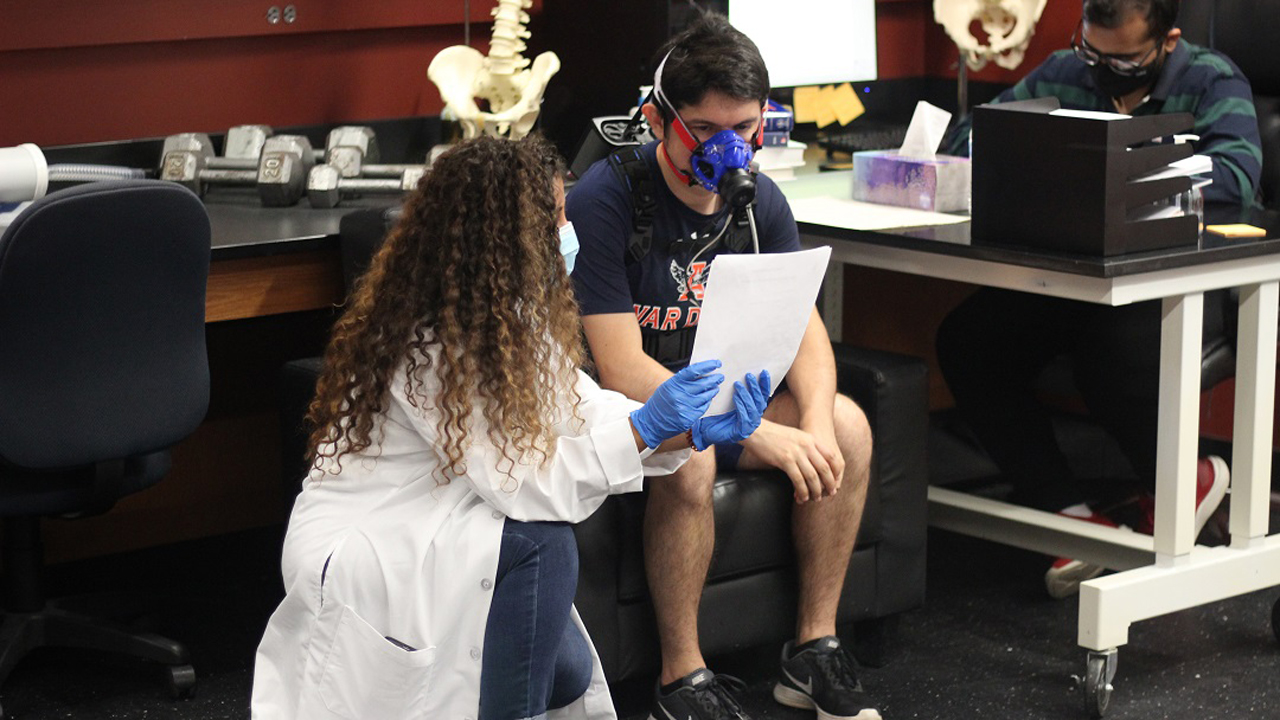ISE student working to prevent workplace material handling injuries
Published: Jun 25, 2021 1:14 PM
By Carla Nelson
During her first semester as a Ph.D. student at Auburn University, Duha Ali was interested in pursuing an engineering degree which was heavily focused on business and management. After attending the Human Factors and Ergonomics course taught by Industrial and Systems Engineering (ISE) Associate Professor Richard Sesek during her first semester, everything changed.
“That class totally switched my interest to occupational safety and ergonomics,” Ali said. “I didn’t know such a thing existed. In all of the products that are being designed, they take how humans operate into consideration. That was so interesting.”
Originally from the country of Jordan, Ali earned a bachelor’s degree in electrical, electronics and communications engineering from Jordan University of Science and Technology in 2015. After attending a session conducted by an Auburn University professor during her time as an undergraduate student, Ali applied to the graduate school at Auburn. She earned a graduate certificate in occupational safety and ergonomics in 2020, a master’s degree in industrial and systems engineering in 2021, and is currently pursuing a doctorate of philosophy in industrial and systems engineering.
Ali’s interests now mostly lie in ergonomics physiology and the current research through which she is involved, under the guidance of Industrial and Systems Engineering Associate Professor Mark Schall. Ali is studying the physiological and psychophysical responses of obese and healthy individuals performing different one-handed carrying tasks on flat and inclined surfaces. The research team recruits individuals ages 19 to 30, separated into two categories: those with a “healthy” body mass index and those considered “obese” following the definitions established by the World Health Organization. A treadmill is used to create different one-handed work scenarios.
“We have designed tasks that could happen in work environments where people carry an item with one hand,” Ali explained. “We are measuring their oxygen consumption, heart rate, and their psychophysical responses based on how they perceive these types of tasks.”
According to Ali, obesity has been strongly associated with work-related injuries. In particular, obese individuals have been identified as being more susceptible to work-related musculoskeletal disorders caused by load-carrying when compared to healthy individuals. One-handed carrying is considered one of the most fatiguing and physically demanding methods of load carrying. Performing one-handed carrying tasks on inclined surfaces has not been adequately considered in previous research studies.
“My research is investigating whether the incline, one-handed carrying, obesity, and other variables would have an interaction between each other,” explained Ali. “I love learning about the human body, in terms of physiology. The more you learn, the more you feel like you don’t know. I definitely have a passion for learning about how the human body functions.”
Throughout her time at Auburn, Ali has been awarded the American Society of Safety Professionals Janet Sprickman Award, Auburn University’s Outstanding First Year Experience Mentors Award, and Human Factors and Ergonomics Society Council of Technical Groups Travel Award for first year graduate students.
After earning her doctorate degree, Ali plans to pursue a career in academia. She said her time as a student in the Department of Industrial and Systems Engineering has prepared her well for this path.
“I am a student in the Occupational Safety and Ergonomics center; however, what I like about the ISE is that you get exposed to operational research, data science, and manufacturing tracks through other courses offered by the department,” Ali said. “The opportunity to expand my horizons is there. I like how ISE is structured that although you have one specific focus, you are also introduced to other aspects of industrial and systems engineering.”
Media Contact: , cmn0023@auburn.edu, 334-844-1404
Ph.D. student Duha Ali is studying the physiological and psychophysical responses of obese and healthy individuals performing different one-handed carrying tasks on flat and inclined surfaces.


